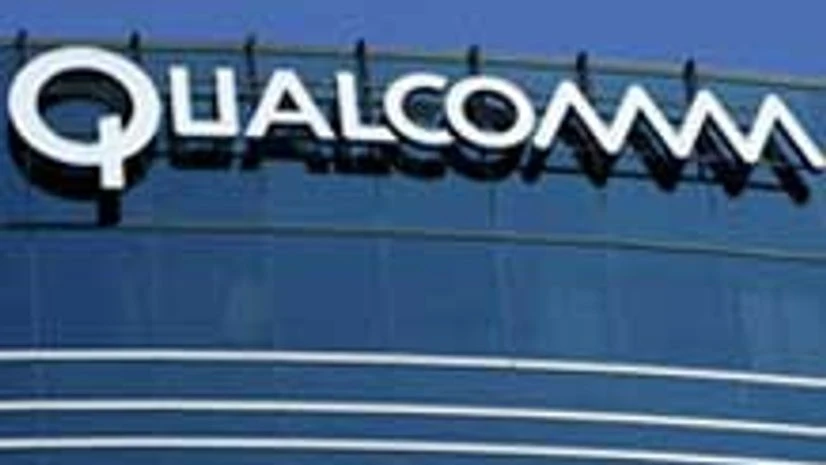EU antitrust regulators hit US chipmaker Qualcomm with a 997 million euro ($1.23 billion) fine on Wednesday for paying Apple to only use Qualcomm chips, rather than those made by rivals such as Intel.
The European Commission said its investigation, launched in 2015, covered the period from 2011 to 2016 and took into account Qualcomm's market dominance in LTE baseband chipsets, which enable rapid mobile broadband connections.
"Qualcomm paid billions of US dollars to a key customer, Apple, so that it would not buy from rivals. These payments were not just reductions in price - they were made on the condition that Apple would exclusively use Qualcomm's baseband chipsets in all its iPhones and iPads," European Competition Commissioner Margrethe Vestager said in a statement.
"This meant that no rival could effectively challenge Qualcomm in this market, no matter how good their products were," she said.
The fine represented 4.9 percent of Qualcomm's 2017 turnover, the Commission said.
Qualcomm shares fell as much as 5 percent in pre-market trading.
More From This Section
Vestager told a news conference there would be no repercussions for Apple in the case.
EU antitrust regulators have come under pressure after European judges sent a case against US chipmaker Intel back to an EU court for an appeal. Intel was fined 1 billion euros in 2009 for paying computer makers to buy most of their chips from them.
Google has also appealed against a record 2.4 billion euro fine for giving prominent placements in searches to its shopping service and demoting rival offerings.
This is the Commission's first decision on market abuse since the Intel ruling last September. Vestager said the ruling had given guidance on how to prove its case.
"We have carefully examined the ruling and the evidence in our case to make sure that our decision fully complies with the guidance given by the court," she said.
Apple and Qualcomm are meanwhile locked in a wide-ranging legal battle over Qualcomm's business practices, which started a year ago, with Apple suing Qualcomm for nearly $1 billion in patent royalty rebates that the chipmaker allegedly withheld from the phone maker.
Other regulators, including the US Federal Trade Commission, are also investigating Qualcomm's dealings with Apple. The EU decision may make Qualcomm more vulnerable to chipmaker Broadcom Ltd's $103 billion hostile bid for it.
Broadcom argues it will smooth rocky relations with customers such as Apple.
The EU competition enforcer is expected to rule in the coming months against Qualcomm in another case involving British phone software maker Icera, which was later acquired by Nvidia Corp, a person familiar with the matter has told Reuters.
In this case, Qualcomm is accused of selling chipsets below cost to drive out Icera - a practice known as predatory pricing.

)
